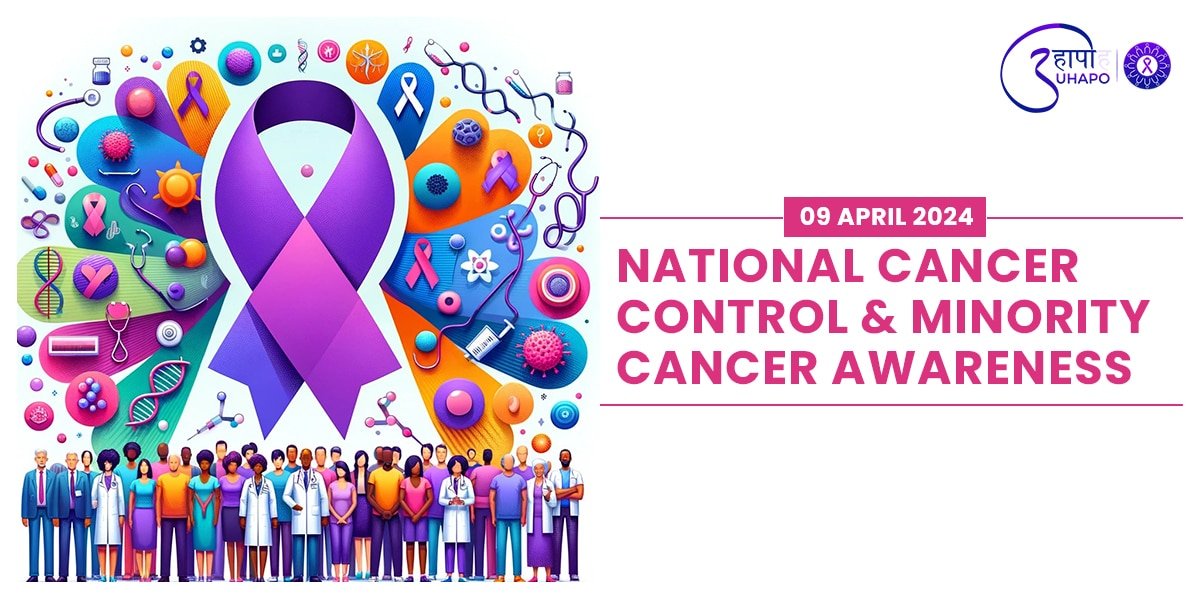National Cancer Control: Promoting Prevention and Early Detection
Cancer remains a significant global health challenge, with millions of lives affected annually. National Cancer Control strategies are crucial in combating cancer through prevention and early detection efforts. This blog post will delve into the core aspects of National Cancer Control that Uhapo Health Services is focusing on for promoting prevention and early detection as key pillars in the fight against cancer.
Understanding National Cancer Control
National Cancer Control is a comprehensive strategy comprising policies, programs, and initiatives targeted at alleviating the impact of cancer on a nation. It necessitates collaboration among governmental bodies, healthcare providers, researchers, and non-profit organizations. The core objectives of National Cancer Control are to diminish cancer rates through preventive measures, enhance survival rates via early detection and prompt treatment, and accelerate the well-being of cancer patients and survivors.
By recognizing efforts across multiple sectors, National Cancer Control aims to tackle the various facets of the disease, from risk reduction to ensuring equitable access to high-quality care. Through strategic planning and coordinated action, this approach strives to mitigate the societal, economic, and health burdens associated with cancer, ultimately fostering healthier populations and communities.
Promoting Prevention
Promoting prevention is a cornerstone of national cancer control strategies, aiming to reduce the incidence of cancer through various interventions. The key elements of Uhapo Health Services in promoting prevention for national cancer control include –
Tobacco Control Measures
National Cancer Control strategies prioritize implementing policies aimed at reducing tobacco use. This includes initiatives like increasing taxes on tobacco products and enforcing smoke-free environments, which are crucial in curbing the prevalence of tobacco-related cancers.
Vaccination Programs
Efforts to promote vaccination against cancer-causing viruses such as HPV and Hepatitis B are fundamental in preventing certain types of cancers. These vaccination programs play a significant role in reducing the incidence of infections associated with these viruses, thereby lowering the risk of developing related cancers.
Lifestyle Modifications
Encouraging healthy lifestyle choices is essential for cancer prevention. This involves advocating for regular physical activity, maintaining a balanced diet, limiting alcohol consumption, and minimizing exposure to carcinogens. These lifestyle modifications contribute significantly to reducing the overall risk of developing cancer and promoting overall well-being.
Early Detection Strategies
Early detection strategies are pivotal components of national cancer control efforts aimed at improving outcomes through timely diagnosis and intervention. These strategies encompass several key approaches –
Screening Programs
National Cancer Control initiatives prioritize the implementation of population-based screening programs for prevalent cancers like breast, cervical, and colorectal cancer. These programs aim to detect cancer in its early stages, when treatment is often more effective, thus improving patient outcomes.
Public Awareness Campaigns
Educational campaigns are essential in raising public awareness about the significance of early detection. These initiatives inform individuals about cancer symptoms, the importance of regular screenings, and the availability of screening services, empowering them to take proactive steps toward their health.
Access to Healthcare
Ensuring equitable access to healthcare services is crucial for early detection, particularly among underserved populations. National Cancer Control strategies strive to remove barriers to healthcare access, facilitating timely diagnosis and intervention for all individuals, regardless of socioeconomic status or geographic location.
Challenges and Future Directions
The challenges that persist in leveraging and addressing the issues globally include –
Persistent Challenges
Despite advancements, challenges endure in implementing National Cancer Control strategies. These include resource constraints, disparities in healthcare access, and shifting cancer patterns.
Enhanced Collaboration
Future efforts should prioritize fostering collaboration among stakeholders across sectors. This collective approach can optimize resource allocation and improve the effectiveness of cancer control initiatives.
Technological Advancements
Leveraging technological innovations holds promise for enhancing early detection methods. Embracing advancements like artificial intelligence and genomic testing can revolutionize cancer screening and diagnosis.
Addressing Social Determinants
To achieve greater impact, it’s imperative to address social determinants of health. By tackling factors such as socioeconomic status and access to education, National Cancer Control strategies can strive for equitable outcomes in cancer prevention and control.
Conclusion–
National Cancer Control efforts centered around promoting prevention and early detection are essential for reducing the global burden of cancer. By implementing evidence-based strategies, raising public awareness, and prioritizing equity in healthcare access, Uhapo Health Services is making significant strides in the fight against cancer by improving outcomes for individuals and communities worldwide.

